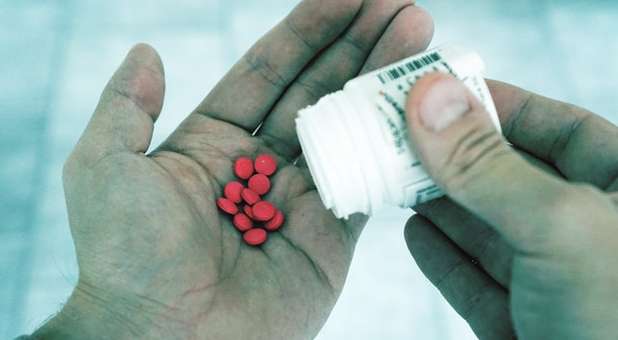How This Mother Uses Her Son’s Overdose Death to Advance the Kingdom
Robyn Korn’s teenage son, Tim, died of a heroin overdose in 2010.
“He was one of the first [overdose deaths] before the heroin epidemic became really big. He was on the beginning wave of the heroin epidemic in Shelby County, Alabama,” Korn says.
Korn, a single mom, uses Tim’s death to minister to other families devastated by addiction.
By the church’s standards, Korn did everything “right.” She raised her two sons in church. They attended Sunday school and youth group. Tim was even baptized at a conference hosted by a Spirit-filled church. He was also actively involved in Boy Scouts. Still, the addiction took root.
Korn says she believes two main factors contributed to Tim’s addiction. First, the Korn family had relocated from overseas when Tim was in middle school. The only friends he could find were alcoholics and smoked pot on a regular basis. Second, Korn’s husband left the family when Tim was just 15.
“To go from a two-family income to a single-mom income impacted Tim’s perspective,” Korn says. “He was used to being able to have many things, and we really had to cut back. Plus, he went from having an active dad in his life to somebody that was no longer around at all, I think that created a lot of pain.”
Tim went from drinking to marijuana to pills to heroin.
Robyn fought for her son’s life with the help of the church.
“I never realized how much I was on my knees before God lifting Tim up, asking for help with him,” Korn says. “Every Sunday, I was up front getting prayer, and I wasn’t ashamed to do that. I knew I needed God’s help.”
Church elders connected Tim to counseling services and even tried interventions on multiple occasions. Korn says many men in the church stepped in as father figures, taking her sons to monster truck rallies and other activities. The women of the church surrounded Korn with love, support and comfort, even on her darkest days.
“It was my 50th birthday, and Tim ended up going to juvenile detention center that night, but there was a group of women who took me out just to celebrate [my birthday] with me,” Korn says. “I knew I wasn’t alone, and I wasn’t the only one trying to muddle through this.”
People from the church met Korn at the hospital when Tim overdosed but didn’t die. They also were the first people on the scene after paramedics when addiction ultimately took Tim’s life.
Korn believes that it’s this effort that allowed Tim to return to God in the months just before his death.
“He realized he needed God’s help in trying to get out of this addiction process, and he would ask people for prayer,” Korn says.
Six weeks before Tim’s death, he was arrested for drug-related charges and sent to jail. While behind bars, he wrote a letter to his mother saying he was ready to be clean.
“He had hit rock bottom for a while, but I think adult jail really opened his eyes to what he wanted to do with his life,” Korn says.
“He said the problem with addiction is that when you can stop, you don’t want to, and when you want to stop, you can’t,” Korn says. “Tim, while he recognized he was an addict, he was very careful to prevent others from going down that path.”
Korn says after his death, many people told her stories of how he tried to protect others from addiction.
Even in Tim’s death, Korn still saw the grace and mercy of the Lord.
Two people accepted Christ after Tim’s death, including his girlfriend. She was baptized in the very church Tim was raised in.
“There is hope, and God can walk you through it,” Korn says. “The one thing I have found in Tim’s death is that I don’t know where I’d be if it weren’t for the grace of God. A loss like this is so devastating, but much more so if you don’t have the hope and grace of God to support you through it.”














































